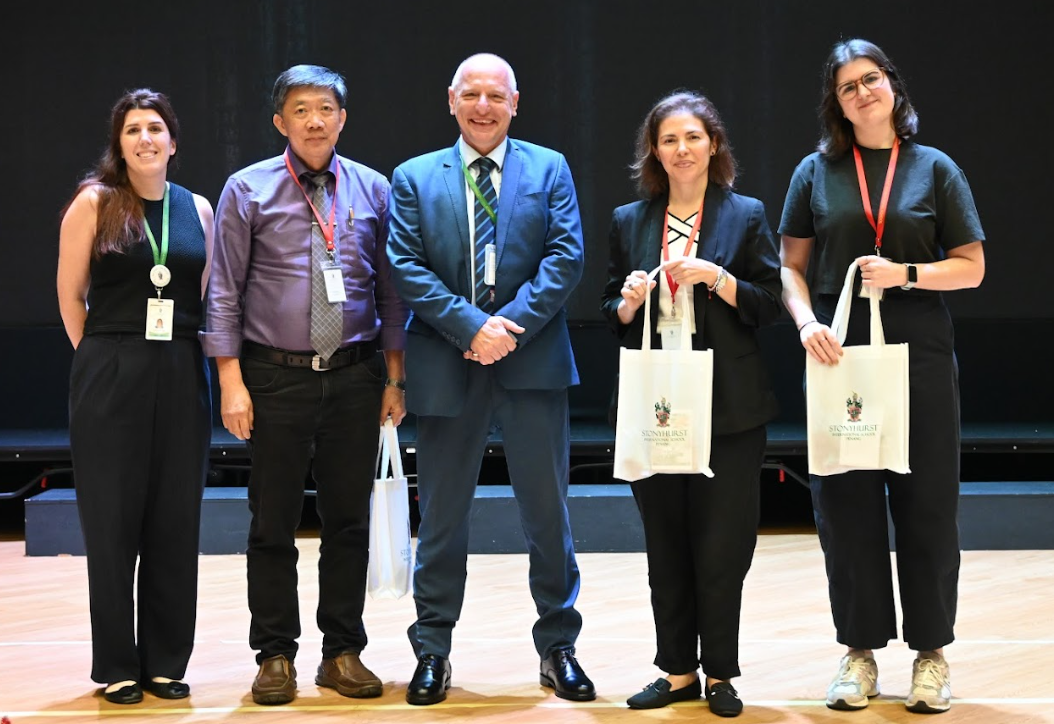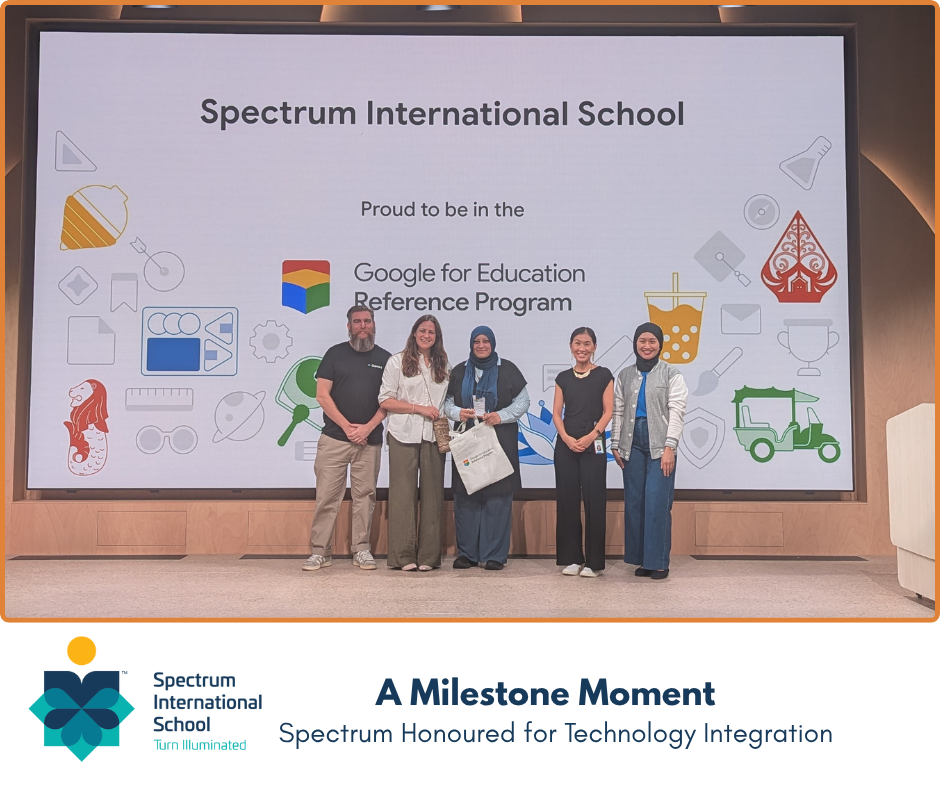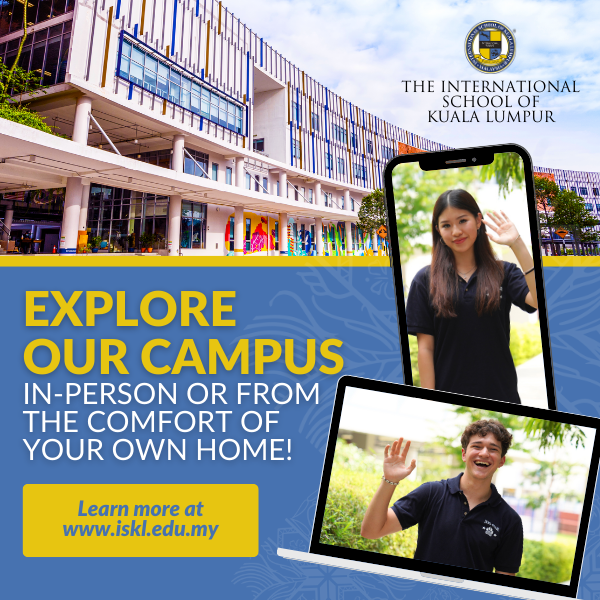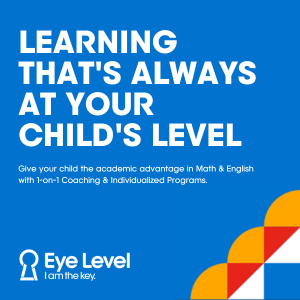
Credit image: iStock
Deciding to send your child to preschool can be quite daunting. Are they ready? What does ‘ready’ for preschool even mean? Are they still too young to be placed in a structured environment? Will they cope with the separation? Fret not! We have put together a list to guide you with that next step for your child.
What is Preschool?
A preschool is a learning space that provides an early childhood programme which is available for three to five-year-old children. Some schools accept toddlers as early as age one. The aim is to provide preschoolers with an experience that is relevant to their age and ability while developing essential psychomotor, neurological, emotional, and social skills. These provide children with essential foundations that ensure readiness and confidence in the transition to primary school.
How Do You Choose the Right Preschool?
you are not alone if you feel overwhelmed as you navigate through the selection process. The quality of preschools varies considerably, so as parents, you need to be well informed.
As there are countless preschools around, where does one begin? Here are a few guidelines to help you search for the right one for your precious child.
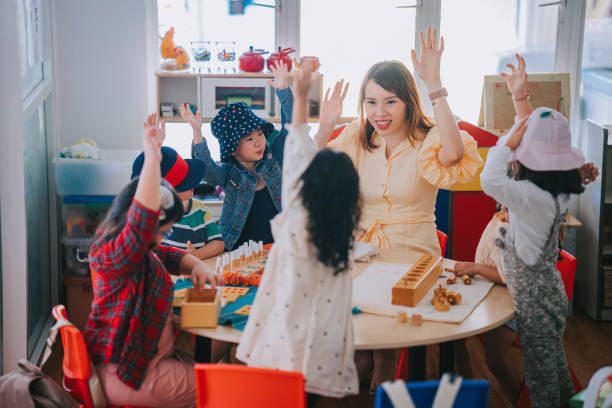
Credit image: iStock
It should be a safe, joyful, and supportive learning environment for all children
Find a school that puts the child’s safety and well-being at the core of its curriculum, and a programme that emphasises the holistic development of the child. It should pay to the cognitive, physical, social-emotional, artistic and technological development of the child. Equally important are literacy, numeracy, and science activities that will help the children develop at their own pace.
Its structure and programme should allow children to develop their own identity and acknowledge that in these early years the degree of development varies from child to child. The focus should be on developing the learning potential of every child, while also acknowledging the need to teach them basic daily habits and personal hygiene.
In addition to the above, a bilingual language programme should be an essential part of an international preschool education. This sets the stage and helps prepare children to be effective global communicators. It is easy for children to learn a new language at their age as their brains are malleable. In a good school, this translates into a robust literacy programme that allows children to continue to strengthen their native language skills, as well as develop English as a second language.
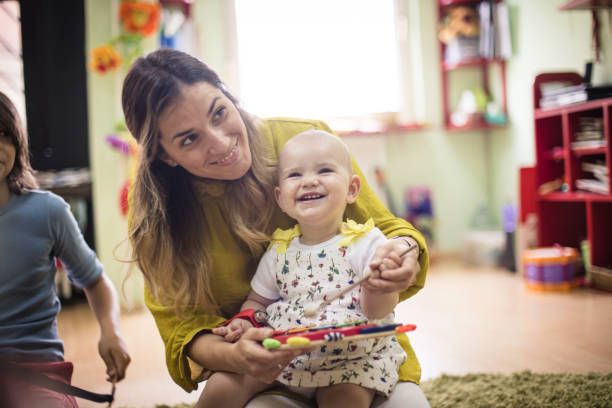
Credit image: iStock
Technology, music and creative arts are built into the programme
Today, technology is an essential learning tool and the pandemic has certainly highlighted this need to a different level. It has shown how confident young children can be in using tools such as iPads, tablets, and digital whiteboards during fun activities to learn and get better at various skills.
That being said, a preschool should also have a vibrant music and creative arts programme as part of the curriculum. This can open up a magical world for the children!
According to the article ‘The Impact of Music on Child Functioning’ by Hognes et al (2014), one of the most effective means of enhancing the general and psychomotor development of children is music. It helps develop their auditory and intellectual skills ad enriches their emotional and imaginative world.
Developing and nurturing children’s interest in music and creative thinking will not only build their confidence and independence, but also instil respect, enthusiasm, and positive thoughts and improve communication, and physical wellbeing. These elements and more are closely linked to children developing 21st century learning skills!

Credit image: iStock
Physical education and lay are a must in the curriculum
Physical education is essential for the physical, motor, and social development of children. Various studies have shown that the development of psychomotor skills depends not only on each child’s innate skills and degree of physical and intellectual development but also on the educational environment in which the child has been educated.
A good preschool will include in its programme psychomotricity and physical activities such as swimming. These allow children to improve their motor skills such as coordination, and balance, cognitive areas (senses, memory, attention span), as well as build their self-confidence, and awareness of their classmates and relationships between them.
Play is another integral part of the curriculum. Through play and socialisation, children develop abilities that will encourage them to face challenges positively and successfully. This also gives them the opportunity to apply what they have learnt in other areas of their preschool curriculum.
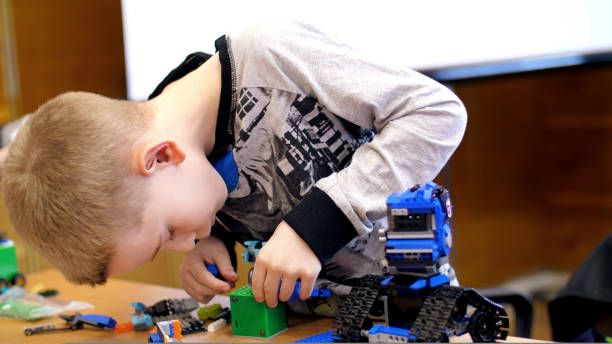
Credit image: iStock
A good preschool program facilitates learning experiences through dialogue
A good preschool programme will facilitate learning experiences that encourage dialogue and questioning. This will help children develop logical, ethical, creative thinking and reasoning skills. This in turn will lead to the acquisition of problem-solving skills to face the challenges of the 21st century.
Apart from that, the best preschools offer opportunities for parents and teachers to get together and discuss the development and progress of their children. A preschool should acknowledge the importance of having parents actively engaged in their children’s development through effective communication and direct participation, including involvement in various school activities.
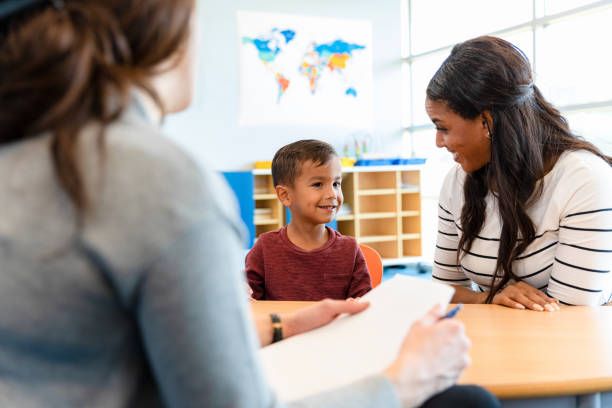
Credit image: iStock
The teachers are professionally qualified, also passionate, committed, caring and respectful
An ideal preschool would have teachers who not only have the right academic qualifications and experience, but are also respectful and caring towards students, colleagues, and families while embracing their similarities and differences. They should be passionate about learning and putting students and their well-being at the heart of everything they do.
A good teacher designs and facilitates learning experiences that focus on helping students get better in all aspects of their education. And development. He is committed to the ongoing process of reflection and self-improvement through regular reviews of the learning that takes place in his classroom whether online or on campus.
Remember, choosing the best preschool for your child does not have to be an overwhelming task, you should go through the process aware, well-informed and ready to ask questions.
References:
Hognes, M., Ores, B.V., Diekstra, R.F. (2014). The impact of music on child functioning. The European Journal of Social & Behavioural Sciences. Retrieved from www.FutureAcademy.org.uk
This article was contributed by Tenby Schools. For more information, please visit www.tenby.edu.my













![[elc International School] NO SHORTCUTS: WHY THINKING STILL MATTERS](https://mint-edm.sgp1.digitaloceanspaces.com/production/XTvbqZxxQQxUHjyDcClxCortA5SxNs.png)


